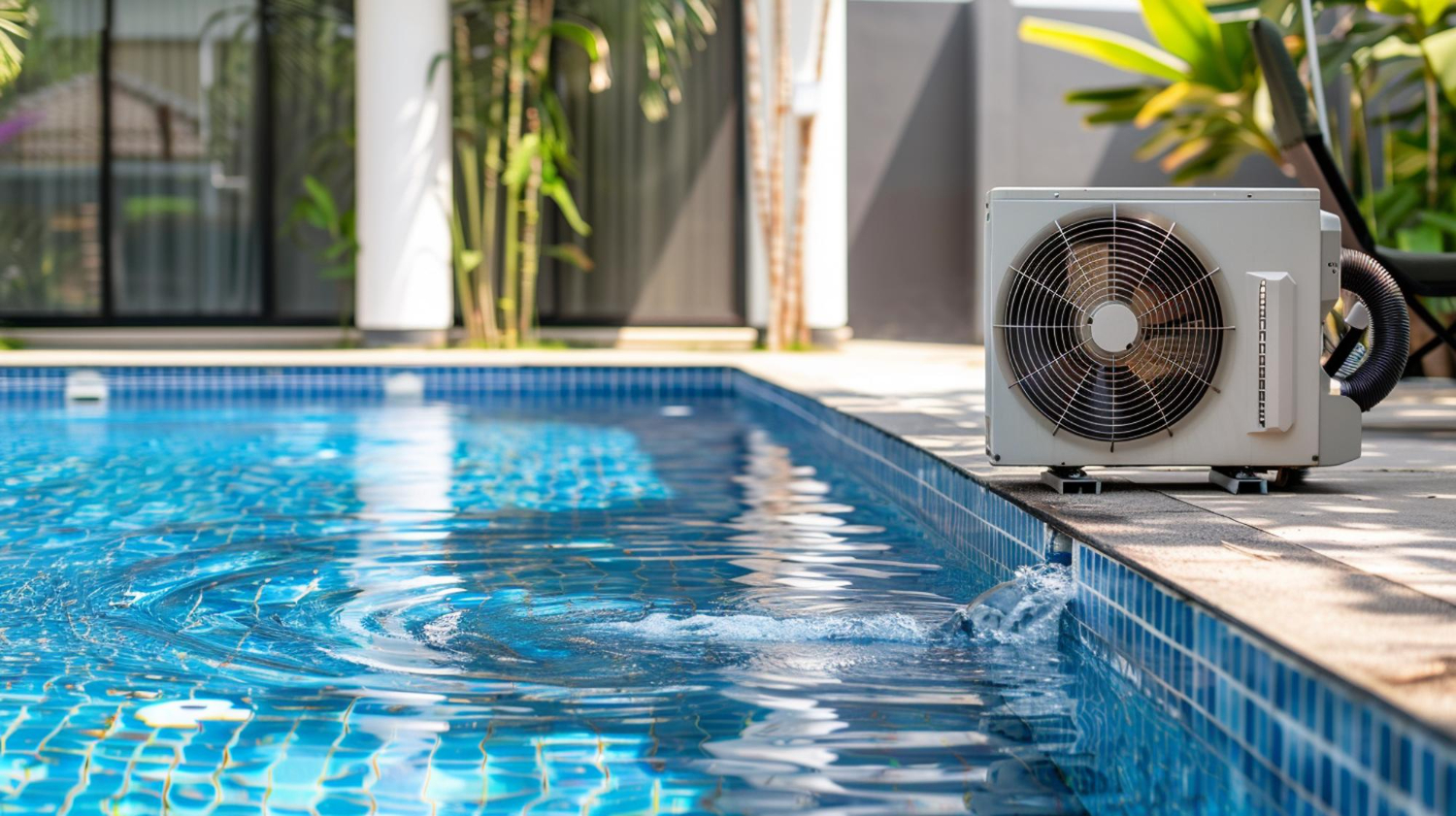A well-functioning pool heater is essential for enjoying warm, comfortable swims throughout the year. However, like any mechanical system, pool heaters can experience issues that may disrupt their performance. Understanding common pool heater problems and how to troubleshoot them can help you maintain your system and ensure your pool remains warm and inviting.
Heater Not Turning On
When a pool heater doesn’t turn on, it can be frustrating and puzzling. There are several potential causes for this issue, and troubleshooting can help identify the problem.
1. Check the Power Source: Ensure that the pool heater is properly connected to a power source. Inspect the breaker box for any tripped circuits. Reset the breaker if necessary and see if the heater turns on.
2. Inspect the Thermostat: Sometimes the issue might be as simple as an incorrect thermostat setting. Verify that the thermostat is set to a temperature above the current water temperature. If it’s set correctly and the heater still doesn’t turn on, the thermostat may need replacement.
3. Examine the Pilot Light (For Gas Heaters): If you have a gas pool heater, check if the pilot light is lit. If it isn’t, follow the manufacturer’s instructions to relight it. A faulty gas valve or a blocked gas line might also cause issues; our technicians can inspect and fix this.
4. Review Diagnostic Codes: Modern pool heaters often display error codes. Refer to the manual to understand what the code means and take appropriate action based on the guidance provided.
Poor Water Flow and Heating
Poor water flow and heating problems can hinder your pool experience. Identifying and addressing these issues can restore your pool heater’s efficiency.
1. Inspect the Pump and Filter: A common cause of poor water flow is a clogged pump or dirty filter. Check the pump basket for debris and clean it if necessary. Backwash or clean the filter to ensure unobstructed water flow.
2. Check for Blockages: Debris in the skimmer or return lines can also reduce water flow. Make sure to clear any visible blockages. Inspect the pipes for obstructions that might be causing the heater to work inefficiently.
3. Look for Leaks: Leaks in the pool plumbing can cause a drop in water pressure, affecting heater performance. Inspect the pipes and fitting for leaks and repair them promptly to maintain proper water flow.
4. Examine the Pressure Switch: The pressure switch ensures that the heater turns on only when water flow is adequate. If the switch is faulty, it might need adjustment or replacement. This is a task best handled by our professionals to ensure the correct settings.
Addressing these issues can significantly improve your pool heater’s performance and ensure warm, well-circulated water, making your pool more enjoyable.
Unusual Noises and Vibration
Unusual noises and vibrations from your pool heater can indicate underlying issues that need attention. Addressing these problems early can prevent further damage and maintain smooth operation.
1. Listen for Banging or Clanking: These sounds often point to loose or broken components inside the heater. Check for any loose bolts, screws, or parts that might be displaced. Tightening and realigning these elements can resolve the noise issue.
2. Whistling or Hissing Sounds: Whistling noises can be a sign of a leak in the gas line or a problem with the burner orifice. Check for signs of gas leakage and ensure that all connections are secure. Hissing could point to issues with pressure or airflow, which might require professional adjustments.
3. Vibrations: Strong vibrations can result from an imbalance in the blower or fan. Inspect the fan blades for any debris or deformation. Cleaning the fan and ensuring it is properly balanced can reduce vibrations and noise.
Ignoring unusual noises and vibrations can lead to more serious mechanical problems. If these issues persist after basic troubleshooting, it is recommended to call our professionals for a thorough inspection and pool heater repair.
Inconsistent Temperature
Inconsistent temperature is a common issue that affects pool heaters. Fluctuating water temperatures can make swimming uncomfortable and may signal a problem within the heater itself.
1. Thermostat Calibration: A miscalibrated thermostat can cause temperature inconsistencies. Verify that the thermostat is set correctly and recalibrate if necessary. Replacing a malfunctioning thermostat might be required to restore temperature consistency.
2. Heat Exchanger Issues: The heat exchanger is a crucial part of the pool heater. If it’s clogged or damaged, it can cause uneven heating. Regular maintenance and cleaning of the heat exchanger can help prevent this problem.
3. Flow Rate: The flow rate of water through the heater can impact temperature regulation. Ensure the pump and filter system are working properly and that there are no obstructions in the pipes that could affect water flow.
Inconsistent temperature can often be fixed with some troubleshooting and maintenance. However, if the problem persists, seeking assistance from our technicians may be necessary to identify and resolve the underlying issue effectively.
Conclusion
Maintaining a reliable pool heater is essential for an enjoyable swimming experience. By addressing common problems such as the heater not turning on, poor water flow and heating, unusual noises and vibrations, and inconsistent temperatures, you can keep your pool warm and functional.
For expert pool heater repair in Fort Myers, FL, trust our skilled technicians at Island Aire Of Southwest Florida Inc. Our team is ready to help you keep your pool heater in optimal condition. Contact us today for reliable and efficient service.




